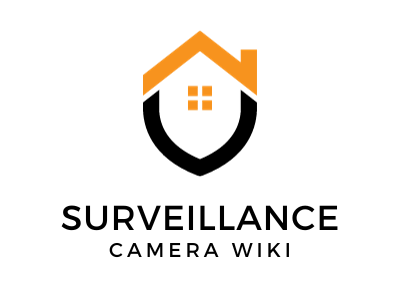Recent Posts
© Copyright 2022 Jellywp. All rights reserved powered by Jellywp.com
Cooperation
 James D. ParkerApril 24, 20241 Mins read328 Views
James D. ParkerApril 24, 20241 Mins read328 Views
Proposed Legislation Raises Concerns Over Expanded Surveillance and Press Freedom

Written by
James D. Parker
James D. Parker is professional surveillance camera experts, understand more than 1,000 surveillance cameras, and have a wealth of surveillance camera related knowledge
Recent Posts
Related Articles
CooperationTech
Dahua’s Network Cameras: A Guide to Choosing the Right Model for Your Needs
Dahua Technology offers a wide range of network cameras, each designed for...
ByJames D. ParkerOctober 2, 2024
CooperationNewsbeat
Embracing Technology: A Look at DAHUA NVRs Impact on Modern Surveillance
In the ever-evolving landscape of security technology, the role of Network Video...
ByJames D. ParkerJuly 15, 2024
CCTVCooperation
Surveillance Reinvented: Dahua’s Latest Camera Series
Dahua Technology, a global leader in video surveillance and security solutions, has...
ByJames D. ParkerJune 14, 2024
CooperationSmart AI
Smart Surveillance Simplified with DAHUA WizMind Cameras
In the realm of modern security, the demand for smart and efficient...
ByJames D. ParkerApril 24, 2024














Leave a comment